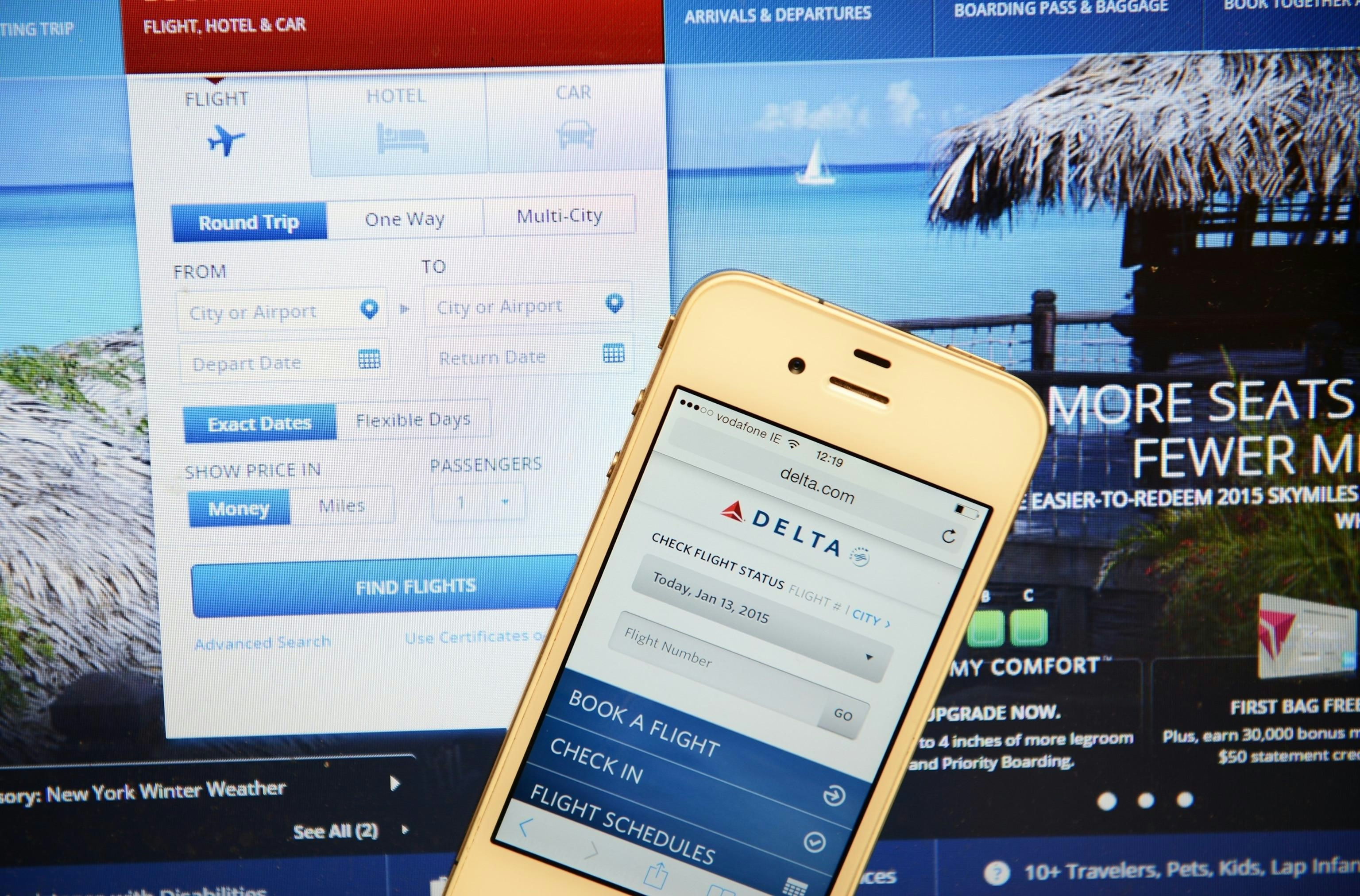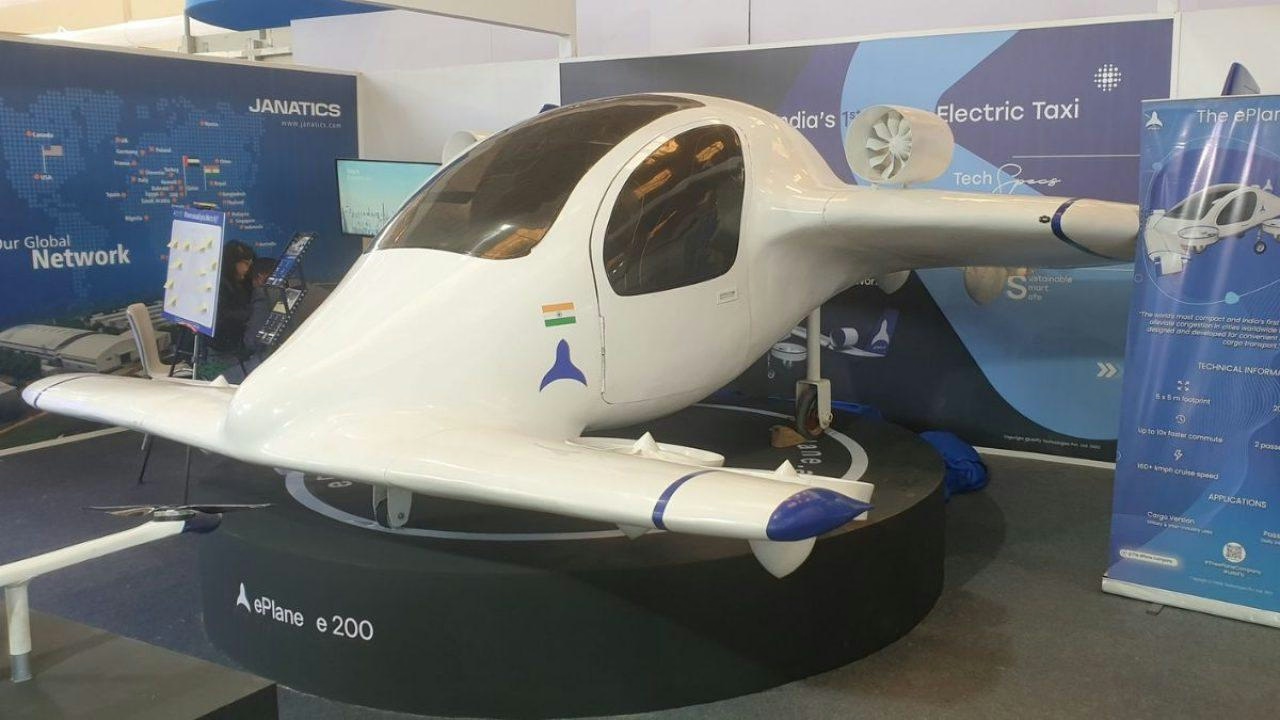エアロジニー — あなたのインテリジェントな副操縦士。
現在のトレンド
Categories
AI-Driven Airfare Pricing Raises Questions of Fairness

AI-Driven Airfare Pricing Raises Questions of Fairness
Airfare pricing is undergoing a significant transformation as airlines increasingly rely on artificial intelligence (AI) to determine ticket costs. When consumers refresh a flight search and notice fares fluctuating within minutes, it is often a direct result of AI-powered systems at work. These technologies enable airlines to forecast demand, set dynamic prices, and micro-target individual passengers. While this approach enhances operational efficiency and helps maximize seat occupancy, it has also ignited a debate surrounding fairness, transparency, and consumer privacy.
The Mechanics and Implications of AI Pricing
Modern AI-driven pricing models extend far beyond traditional methods that primarily considered historical booking data. According to Jaspreet Bindra, co-founder and CEO of a technology consultancy, airlines now integrate a broad spectrum of information into their machine-learning algorithms, including browsing behavior and purchase history. This allows for highly personalized pricing strategies tailored to individual consumers, raising concerns about potential price discrimination.
Regulators and lawmakers have taken note of these developments. In recent months, U.S. Transportation Secretary Sean Duffy voiced apprehensions about the use of AI in setting personalized airline fares, echoing similar warnings from several Democratic senators. Critics argue that such practices risk creating unfair disparities, where customers may be charged vastly different prices for identical services based on data-driven profiling.
Regulatory and Market Challenges
Beyond issues of fairness, there is growing unease about the possibility of algorithmic collusion and antitrust violations. As airlines deploy increasingly sophisticated pricing algorithms, regulators and private litigants are scrutinizing whether these systems might inadvertently facilitate coordinated pricing strategies that suppress competition and harm consumers. The inherent opacity of AI-driven pricing models complicates efforts by both regulators and passengers to understand how fares are determined.
The market response has been mixed, with skepticism about whether AI-powered pricing truly enhances transparency or merely serves as a tool for airlines to maximize profits at travelers’ expense. While some competitors adopt similar AI technologies to remain competitive, others advocate for regulatory reforms aimed at ensuring a fair and level playing field.
As AI continues to reshape airfare pricing, the industry faces mounting pressure to reconcile innovation with principles of fairness and accountability. The ongoing debate over the extent of algorithmic control and the transparency of pricing decisions remains unresolved, leaving travelers to navigate a complex and often opaque pricing landscape where ticket costs can change instantaneously.
Comments
- P
PriceIntelGuru
The rise of AI-driven airfare pricing is reshaping the travel industry, offering airlines the ability to dynamically adjust fares based on real-time data. While this approach can enhance revenue optimization, it also raises concerns about fairness and transparency. As highlighted in discussions surrounding Delta Air Lines' implementation of AI pricing, there's a fine line between personalized pricing and potential exploitation of consumers' willingness to pay. Ensuring that these AI systems are designed with ethical considerations, transparency, and consumer protection in mind is crucial to maintain trust and equity in the marketplace.

Archer Aviation Partners with NVIDIA to Advance Aviation AI Technology

Chennai Startup to Develop India’s First Electric Air Taxi

Factors Positioning Airbus for Leadership in 2026

Emirates Unveils Cabin Design for New Boeing 777X

Eighteen Years On, the Airbus A380 Remains Central to a $34 Billion Airline

How a boom in luxury airline seats is slowing down jet deliveries

Navitaire Outage Attributed to Planned Maintenance

Airbus Plans Record Delivery of 870 Aircraft in 2026

DigiYatra Debuts Outside Aviation at India AI Impact Summit

Vietnam Orders Strengthen Boeing’s Commercial Outlook
